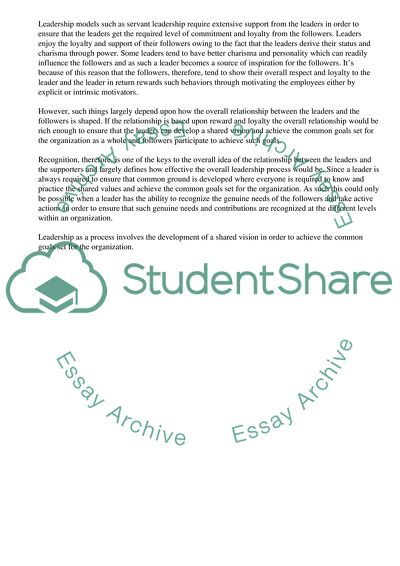Cite this document
(Developing the Followers into Successful Leaders of the Future Essay - 1, n.d.)
Developing the Followers into Successful Leaders of the Future Essay - 1. Retrieved from https://studentshare.org/management/1750931-organizational-leadership-2
Developing the Followers into Successful Leaders of the Future Essay - 1. Retrieved from https://studentshare.org/management/1750931-organizational-leadership-2
(Developing the Followers into Successful Leaders of the Future Essay - 1)
Developing the Followers into Successful Leaders of the Future Essay - 1. https://studentshare.org/management/1750931-organizational-leadership-2.
Developing the Followers into Successful Leaders of the Future Essay - 1. https://studentshare.org/management/1750931-organizational-leadership-2.
“Developing the Followers into Successful Leaders of the Future Essay - 1”. https://studentshare.org/management/1750931-organizational-leadership-2.


